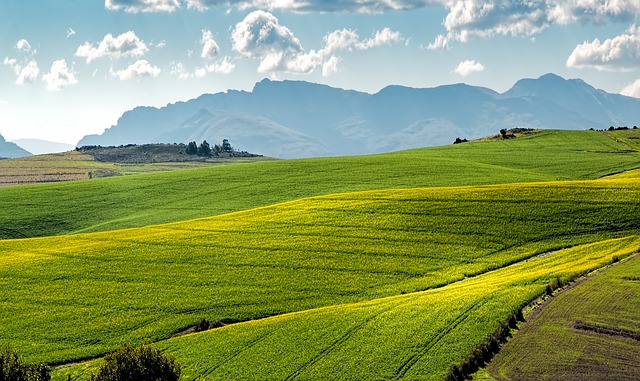April 29, 2017
The Canada Pension Plan Investment Board (CPPIB) has declared it will pull back from farmland investments after pushback from local farmers has sparked a strategic reversal. And after conducting a review of operations, is open to the notion of selling its existing farmland portfolio, unnamed sources told Reuters.
CPPIB was relatively late in joining other pension funds in investing in farmland. In 2012, the pension launched its agricultural investment program initially focusing on farmland in Canada, the U.S., Australia, New Zealand, and Brazil. At that time the fund began buying properties across North America, eventually building a portfolio that consists of approximately 120,000 acres in the U.S. and another 120,000 in Canada.
In December 2013, the pension fund agreed to acquire the diversified portfolio of assets of Assiniboia Farmland consisting of 115,000 acres of farmland producing crops including wheat, barley, and canola for C$128 million, with intentions to invest a further C$500 million over the next five years to build out the portfolio, according to Reuters.
These actions however, were met with pushback from Canadian farmers who feared that ownership of farmland assets by pensions funds with massive war chests would push them out of the land market, while the need to maximize returns would cause pension funds to raise rents to artificial highs.
These concerns led Saskatchewan’s Agriculture Minister Lyle Stewart to announce in October 2015 that the province had tightened its already stringent farmland ownership laws, closing loopholes to exclude pension funds or their administrators from owning farmland in the province.
The decision to exclude pension funds and their administrators from ownership came after a government survey of more than 3,200 respondents indicated that 9 out of 10 people did not want the province’s farmland in foreign hands. Indeed, 87 percent responded that the did not support foreign ownership and 75 percent stated that they were against investors such as pension funds from purchasing farmland.
In addition to the ban, the province also enacted a regulation stating that even Canadian owners, or Canadian investors interested in farmland acquisitions, would need to go through financial institutions registered to conduct business in Canada or by a Canadian resident.
“If a foreign financial institution or individual loaned the money to purchase the farmland and then subsequently foreclosed, that foreign entity would be the owner of the farmland, so I think that’s where the concern comes with foreign financing,” said Prime Minister Stewart.
The ban on pension funds owning Canadian farmland in Saskatchewan, the tightening of finance regulations in regard to farmland ownership, and the failure to build out a farmland portfolio across targeted geographies have all played into the decision by CPPIB to pull back. As a result, London-based Angus Selby, who led CPPIB’s global investment strategy for agriculture and farmland for five years has parted from CPPIB, while the fund’s agriculture trading group was let go at the end of 2016, anonymous sources told Reuters.
And although CPPIB declined to comment when queried by Reuters, Michel Leduc, global head of public affairs for the fund, said, “We assess performance of each investment program with that in mind as well as fit within our total portfolio approach, contribution to diversification and desired return-risk profile.”
The move by CPPIB could be advantageous for Canadian farmers looking to expand their holdings, as they won’t have to bid against the fund; however, the news is a double-edged sword as it will also take a bidder flush with funds out of the bidding.
CPPIB is not exiting agriculture all together however. Moving forward, the fund will focus on investments along the supply chain – in processing, storage, and transportation – a strategy that is reflected in the fund’s acquisition of a 40 percent stake in Glencore’s agricultural business for $2.5 billion in April of last year.
-Lynda Kiernan
Lynda Kiernan is Editor with GAI Media and daily contributor to GAI News. If you would like to submit a contribution for consideration please contact Ms. Kiernan at lkiernan@globalaginvesting.com.

Let GAI News inform your engagement in the agriculture sector.
GAI News provides crucial and timely news and insight to help you stay ahead of critical agricultural trends through free delivery of two weekly newsletters, Ag Investing Weekly and AgTech Intel.




